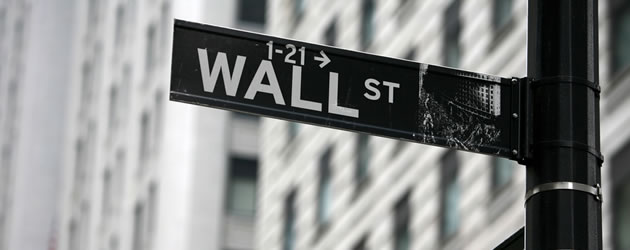 After enjoying a bullish relationship with its peers in recent weeks (largely as a result of Cyprus inspired risk aversion) the US Dollar fell against both the Euro and Japanese Yen today after employment data failed to live up to expectations.
After enjoying a bullish relationship with its peers in recent weeks (largely as a result of Cyprus inspired risk aversion) the US Dollar fell against both the Euro and Japanese Yen today after employment data failed to live up to expectations.
The US Dollar Exchange Rate was trading in the region of 0.7791 against the Euro as of 14:48 pm GMT
According to data compiled by the ADP institute, in March companies hired less workers than forecast.
In February the private, payrolls-based report showed a gain of 237,000. In March only 158,000 jobs were added, 42,000 less than economists expected and the smallest increase for four months. The disappointing result was largely due to restricted hiring in the construction sector.
Following the news chief economist Mark Zandi asserted: ‘The job market continues to improve, but in fits and starts.’
The result caused the US Dollar to slide to 93.25 Yen and 0.7791 Euros.
Earlier today the Yen rose on the expectation that the Bank of Japan will implement aggressive easing when its policy meeting concludes tomorrows.
This is BOJ Governor Haruhiko Kuroda’s first policy meeting, and after pledging to reach the central bank’s inflation target within two years investors are anticipating big things. Goldman Sachs Group Inc and JPMorgan Chase & Co have recently added to the pressure on Kuroda by arguing that he will need to have triggered significant price rises within a year in order for the market to retain confidence in his ability to deliver.
One senior economist with JPMorgan commented: ‘Kuroda doesn’t have two years. He has to show that inflation is approaching 1 per cent in at least a year, and if he can’t do that then the power of Abenomics will be in doubt’.
Abenomics is the nickname acquired by the economic programme implemented by Japanese Prime Minister Shinzo Abe.
The Euro was also able to post a modest advance against the US Dollar after the International Monetary Fund agreed to supply struggling Cyprus with one billion Euros.

Comments are closed.